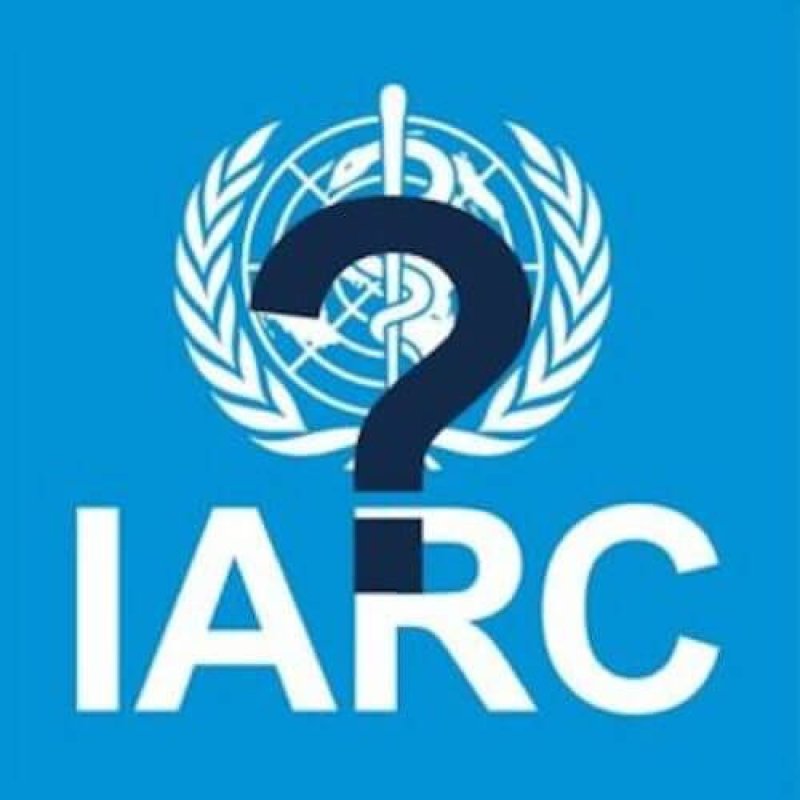In November 2017, the U.S. House of Representatives Committee on Science, Space and Technology sent the UN’s International Agency for Research on Cancer (IARC) a letter raising questions about scientific bias, secrecy and corruption at the agency.
…
[I]t’s not just IARC’s overall approach that raises questions. As investigative journalists David Zaruk and Kate Kelland discovered, serious allegations have also been raised regarding the integrity of IARC’s review process.These include troubling evidence that IARC deleted or manipulated data – and covered up major conflicts of interest by agency panel members who were employed by environmental activists and mass tort plaintiff attorneys who are targeting the very chemicals the panelists were reviewing and judging.
IARC’s latest quarry is glyphosate, the world’s most widely used herbicide. The principal ingredient in the weed killer RoundUp, glyphosate is vital in modern agriculture, especially no-till farming.
The European Food Safety Authority, European Chemicals Agency, German Institute for Risk Assessment, US Environmental Protection Agency and other experts all found that glyphosate is safe and non-carcinogenic. So did the 25-year, multi-agency US Agricultural Health Study (AHS), which analyzed data on more than 89,000 farmers, commercial applicators, other glyphosate users and spouses.
…
This is not science. It is corruption, distortion, and fraud supported by our tax dollars and used to get important chemicals off the market.
Editor’s note: Paul Driessen is a senior policy advisor with the Committee For A Constructive Tomorrow and Center for the Defense of Free Enterprise
Read full, original post: Will Congress Finally Get Tough on Junk Science?































